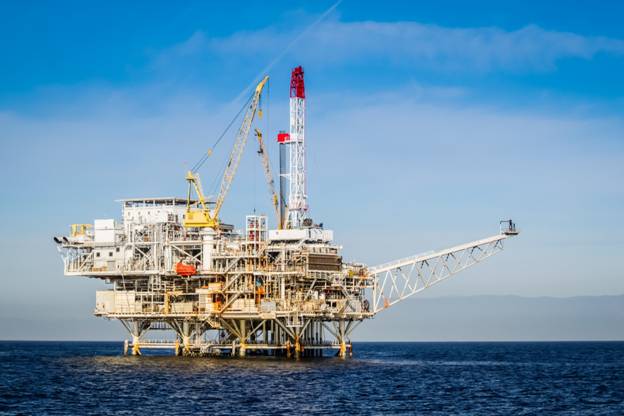Did you know that the average offshore oil rig salary is $72,229 per year? Not bad for a career that usually only requires a high school degree to get started.
But working at an oil rig is hardly your typical 9-5 grind. Read on to learn whether this unique lifestyle is a good fit for you.
Long Shifts and Extended Downtime
Oil rigs operate continuously 24 hours a day, seven days per week. Employees usually work alternating 12-hour shifts, followed by 12 hours of downtime.
That means you may wind up sleeping through the day and working through the night. Jobs tend to be physically demanding, so you’ll need to stay fit and rested to keep up.
Offshore workers usually alternate 2-3 weeks on the rig with equally long stretches resting onshore. Many of them enjoy taking a “break” from the outside world while they’re on the rig. Onshore, they can take advantage of long, uninterrupted periods of time for family and personal pursuits.
Offshore Life Can Be Comfortable
Life on an offshore rig isn’t easy—but it’s not as spartan as you’d expect.
Many rigs get fresh food flow in regularly to provide workers with free meals and snacks. Worker quarters often come with gym facilities, videogames, internet access, and cleaning services. When you’re not working or sleeping, you can devote your time to relaxing instead of cooking or doing chores.
Of course, it’s not a luxury lifestyle either. Most rigs have all but their most senior staff share barracks-style sleeping arrangements. In these close quarters, it’s extra important to respect your coworkers’ needs for privacy and quiet rest.
All rigs ban or severely limit smoking due to fire risks, and many ban personal cellphones for the same reason (and you’re unlikely to get a signal, anyway!). Most rigs also ban alcohol consumption for safety.
If you’re not well-suited to the offshore lifestyle, you can start feeling lonely fast. But many workers develop lifelong bonds with their coworkers.
Safety Always Comes First
First the bad news: this is an inherently dangerous job. Fires, explosions, heavy machinery accidents, and falls are all potentially lethal workplace accidents. Hearing damage can also become an issue with enough exposure to loud equipment.
The good news is that offshore rigs have developed an intense safety culture to combat workplace risks. All employees undergo extensive survival and emergency training. Rigs have telemedicine services, medivac evacuation, and even on-site medics to address medical problems and emergencies.
This culture of safety emerged in part because courts have forced rig operators to pay huge injury and fatality settlements. If you’re worried about providing for your family, you can read more about offshore injury law.
Working At An Oil Rig is Not For Everyone
If you’re prone to homesickness or don’t like jobs with lots of physical labor, then working at an oil rig likely isn’t for you.
If you’re ready for a high-paying adventure that can create lifelong friendships, however, this might be your next career step. And a good understanding of personal injury law can help you protect yourself in this high-risk field. Read our personal injury archives to learn more.



